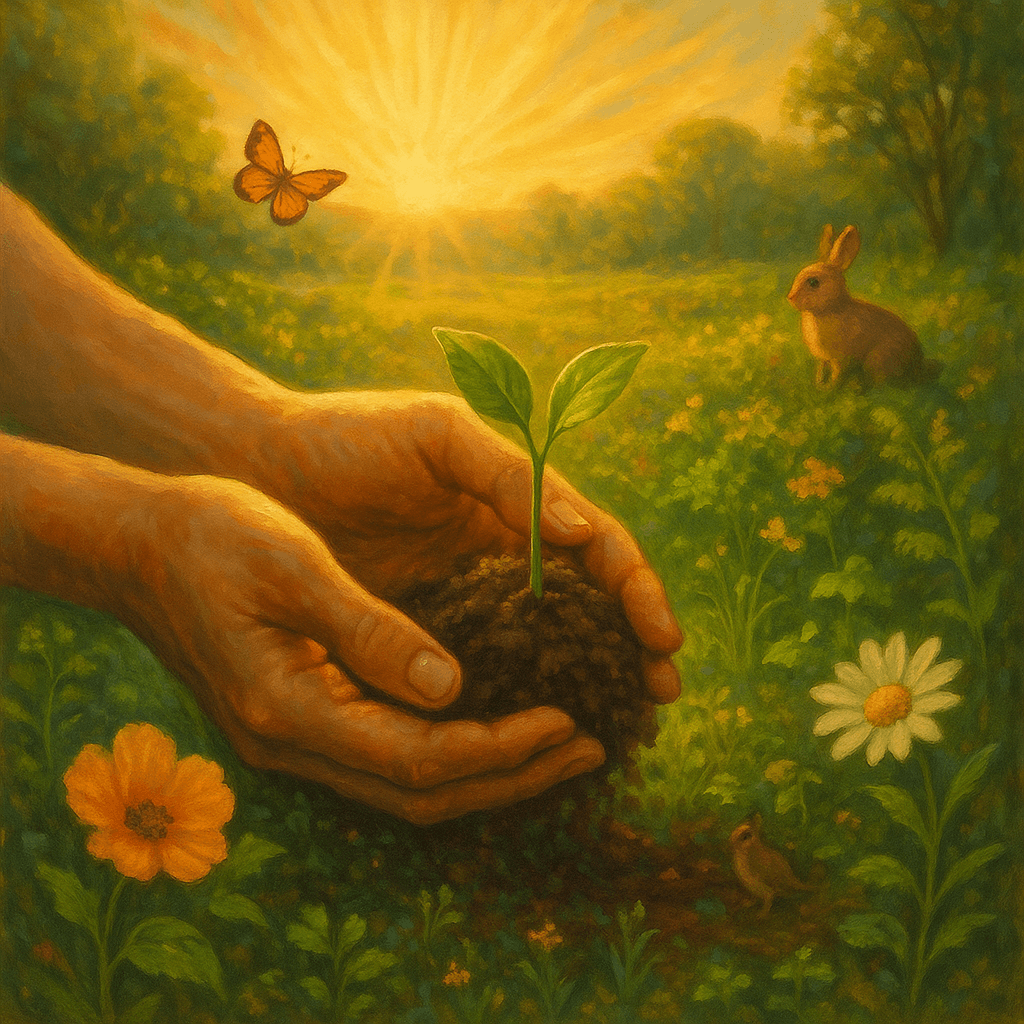Shaping Tomorrow: Action Overcoming the Shadow of Fear

Our hands hold the power to carve the future, not our fears. — Chimamanda Ngozi Adichie
—What lingers after this line?
One-minute reflection
What's one small action this suggests?
Empowerment Through Action
Adichie’s assertion foregrounds the potent agency we all possess. She contrasts the active role of our hands—symbolizing effort and creativity—with the paralyzing effect of fear. By framing ‘carving the future’ as a matter of action, Adichie emphasizes that our destinies are not dictated by anxiety, but by what we dare to build and change through intentional deeds.
Fear as an Inhibitor of Progress
Nonetheless, fear is a deeply human emotion, often preventing us from undertaking new initiatives. History provides countless illustrations: consider the reluctance of many to defy unjust systems, as Adichie herself explores in her novel 'Half of a Yellow Sun' (2006), where characters must overcome profound apprehensions to enact meaningful change. Such examples demonstrate how fear, if left unchecked, can dictate outcomes by default.
Hands as Symbols of Creation and Change
Transitioning from emotion to embodiment, Adichie draws upon the universal metaphor of hands as instruments of transformation. Across cultures, hands create art, build shelter, and heal wounds—evident in Michelangelo’s ‘Creation of Adam’ (1512) or even in the simple act of planting a seed. This symbolism asserts that real change is not the product of passive hope or dread, but of the tangible actions we undertake each day.
Challenging Fear Through Collective Agency
Furthermore, social movements underscore the collective power of hands joined together. The Civil Rights Movement, for instance, was propelled by individuals choosing to act, even at high personal risk. As Adichie often highlights in her talks, especially ‘We Should All Be Feminists’ (2012), meaningful progress arises when individuals overcome their private fears in service of a greater communal vision.
Building the Future We Desire
Ultimately, Adichie’s words challenge us to reframe our mindset: rather than letting fear dictate the limits of our imagination or ambition, we are called to wield our hands with intention. Whether through art, activism, or daily kindness, carving the future requires courage and a refusal to be governed by hesitation. In this way, tomorrow becomes the product not of what we fear, but of what we create together.